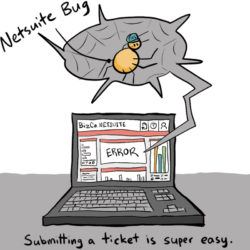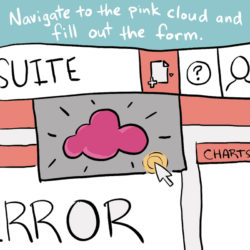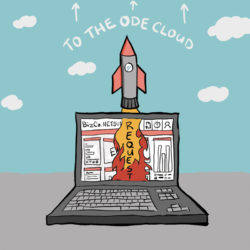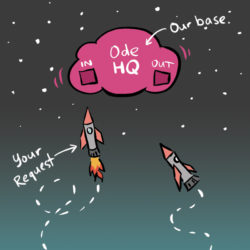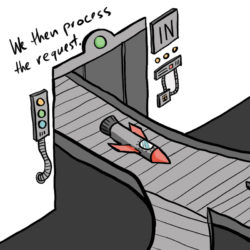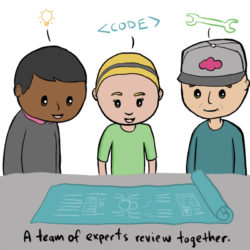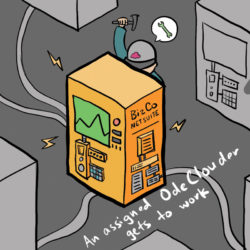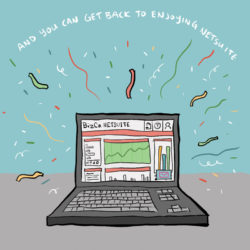OdeCloud is aiming to reshape the way we work by building a new and improved framework within the Freelance Economy.
But why, exactly, is such a process so necessary?
(Originally posted on LinkedIn)
In 2019, a study commissioned by major freelancing platform, Upwork, and Freelancers Union found that 36% of the US workforce consisted of freelancers, showing that 64% of top professionals freelance, especially in IT (Information Technology).
In the past few years, we have seen platforms like Upwork, Uber, Lyft, and Postmates grow exponentially in their number of subscribers, demonstrating the true potential of the Freelance Economy.
 Most of these platforms are built with a very simple business model that addresses, for the most part, the average consumer’s basic needs: getting a ride, buying groceries, having food delivered, booking a dog sitter, etc.
Most of these platforms are built with a very simple business model that addresses, for the most part, the average consumer’s basic needs: getting a ride, buying groceries, having food delivered, booking a dog sitter, etc.
But building the right economic framework for this new generation of workers presents at least one major challenge, which we’ll cover over the course of this article.
We can all agree that the way we have done work for the past 100 years (Taylorism and Fordism) will not fit the economy of the next 15 to 20 years. Companies operating in this new economy, characterized by cutting-edge technology and high growth, will not succeed with an organization of work designed 100 years ago.
Our ambition as OdeCloud is to provide the breadth and depth of expertise, on-demand, for these businesses to thrive.
Unfortunately, the primary challenge of building a freelance platform with the highest overall and long-term value for independent experts is that it incredibly complex and difficult to implement. While the Freelance Economy has continued to grow exponentially, the fact of the matter is expert workers are already in great demand in the job marketplace, and at least 64% of the US workforce is still more comfortable being employed conventionally.
Therefore, it’s no surprise that existing platforms chose to center their business models on providing lower, short-term value to the unemployed, as well as those making minimum wages. These platforms are not built to provide true long-term value for independent experts, who are constantly forced to lower their rates in order to compete with candidates who are considerably less qualified.
OdeCloud is positioning itself to solve the more complex challenge of providing better long-term value to the new generation of workers — and building a freelancing framework that fosters expertise and career growth.
To get to that level, not only do we have to be willing to go through the struggle of building a new economic framework, but we also have to make strides toward developing a new strategy for acquiring talent.
Issues aside, building this new framework presents a great opportunity to reshape and reorganize the way we work in this new economy…
…a new economy led by major breakthroughs in tech and high-growth industries.
Hi there, and thanks for reading!
In our next post, we’ll go over what exactly motivates individuals to leave their jobs to become freelancers, and we’ll elaborate on how OdeCloud aims to help improve the Freelance Economy.
If you want to continue following our blog, be sure to save us to your bookmarks, or you can simply subscribe via email (below). Check back in with us when we post new content.
Cheers,
Osar



